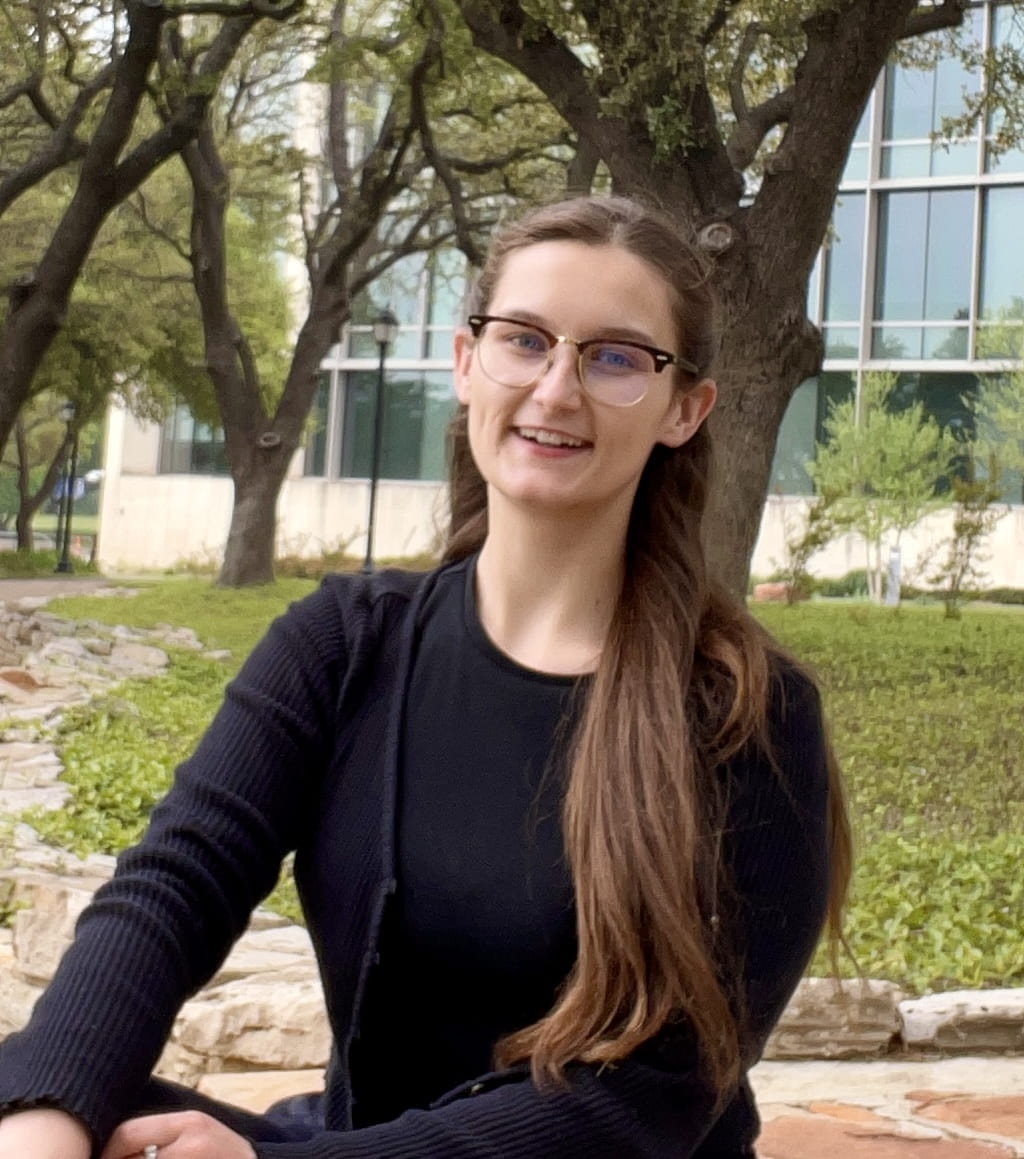Katherine Atkins / Earth & Environmental Sciences / Faculty Mentor: Ricardo Sanchez-Murillo

Persistent droughts, extreme precipitation events, and increasing water needs are shaping the co-evolution of Texas’s urban assemblages, water laws/regulations, stormwater management, and future water supply allocation. In large urban centers such as the Dallas-Fort Worth (DFW) area, the spatial and temporal variability of water inputs (i.e., precipitation, lawn irrigation, storm flows, and wastewater) to streams alters the ecohydrological conditions of urban watersheds. Here, we present a preliminary study combining water quality, image analysis, and machine learning using high-resolution stream response imagery as part of an undergraduate research experience project. Baseflow and storm-based samples were collected in an urban highly altered stream and analyzed for water stable isotopes (18O and 2H) and selected parameters (nitrate, iron, phosphorous, total organic carbon, tannin, and lignin, turbidity). Isotope compositions are used to understand water portioning processes during storm events (old vs new water paradox), while water quality parameters are linked to the stream response images. Our results aim to reveal previously unknown water-mixing processes in urban streams and train a machine-learning model to evaluate solute and contaminant transport from a stream imagery perspective.


Leave a Reply